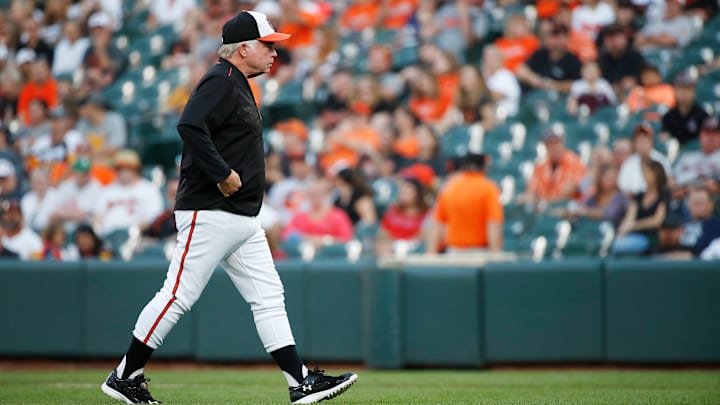
Breaking The Tie
To break the tie, I also looked at when the Mets made it to the World Series but lost. Although appearances do not necessarily translate to championships, the amount of times a manager led the team to a World Series can be an indication of the health and talent level of a ball club, making it an indicator of team success.
World Series appearances are also good from a morale standpoint. It can serve as an indication to fans that the team is on the right track, and that they simply need one more piece to get over the hump. Considering that the Mets have seen little postseason success, a World Series appearance would still qualify as a successful season.
The Mets, as a team, have competed in five World Series, going 2-for-5. In their three losses (1973, 2000, and 2015), they were all being managed by an experienced manager (first Yogi Berra, then Bobby Valentine, and last Terry Collins). Therefore, the all-time record for experienced Mets managers in a World Series is 1-for-4, while rookie Mets managers are 1-for-1.
Experienced managers have brought the Mets to more World Series appearances, but only one of them managed to deliver a championship to Queens.
Upon examining these metrics, several observations can be concluded: 1) The Mets have selected more experienced managers than rookie managers in their franchise history, and 2) Although rookie managers have compiled slightly more respectable regular season records, experienced managers have been more successful in leading the Mets to the World Series and in the postseason.
The Mets have already made their decision as to who will be the club's 24th manager in franchise history. With Showalter as the choice, it's up to his performance to break the tie as to whether or not experienced skippers are the way to go.
